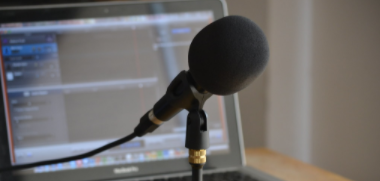
AI Occupational Exposure score unavailable For more insight, research the specific tasks and skills required for the role.
Explore all careersA Music Editor edits recordings, ensures quality for publishing, makes song adjustments, and collaborates with the team during production.
Get qualified to work as a Music Editor with a course recognised across Australia. Speak to a training provider to learn more.
In Australia, a full time Music Editor generally earns $1,380 per week ($71,760 annual salary) before tax. This is a median figure for full-time employees and should be considered a guide only. As you gain more experience you can expect a potentially higher salary than people who are new to the industry.
 Courses.com.au Team
Courses.com.au Team
Employment opportunities in this industry have remained stable over the last five years. There are currently 7,000 people working as a Music Editor in Australia. Music Editors usually work in larger cities and towns.
Source: Australian Government Labour Market Insights
 Courses.com.au Team
Courses.com.au Team
If you’re planning a career as a Music Editor you could enrol in a Diploma of Music Industry. This course will help you develop techniques for composing, arranging, recording, mixing and performing music. You could also consider a Certificate IV in Music Industry.
 Courses.com.au Team
Courses.com.au Team



A Music Editor assists with the production of musical recordings such as songs, albums or live productions. You’ll edit the recorded audio to make any necessary adjustments or changes. Music Editors might make decisions about which songs to include or may edit the length or composition of songs. You’ll ensure the quality of a recording is suitable for publishing and may provide advice on other aspects of the recording.
Music Editors need to have good attention to detail and have a strong knowledge of the musical process. You’ll need to be creative and up to date with current trends in the music industry. It’s important that you can work as part of a team and communicate your directions to other people in your crew.